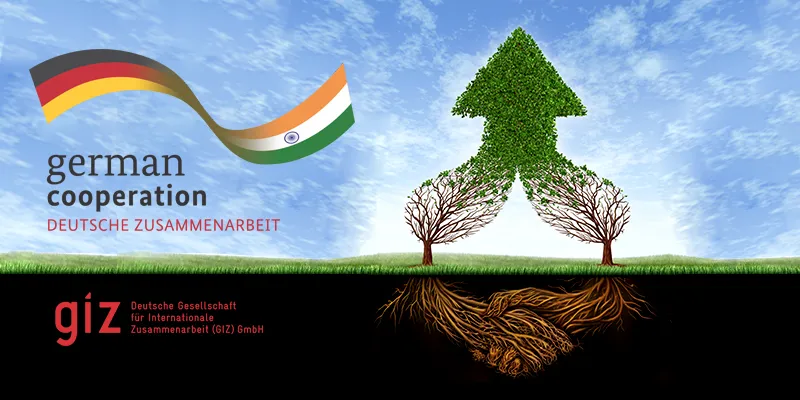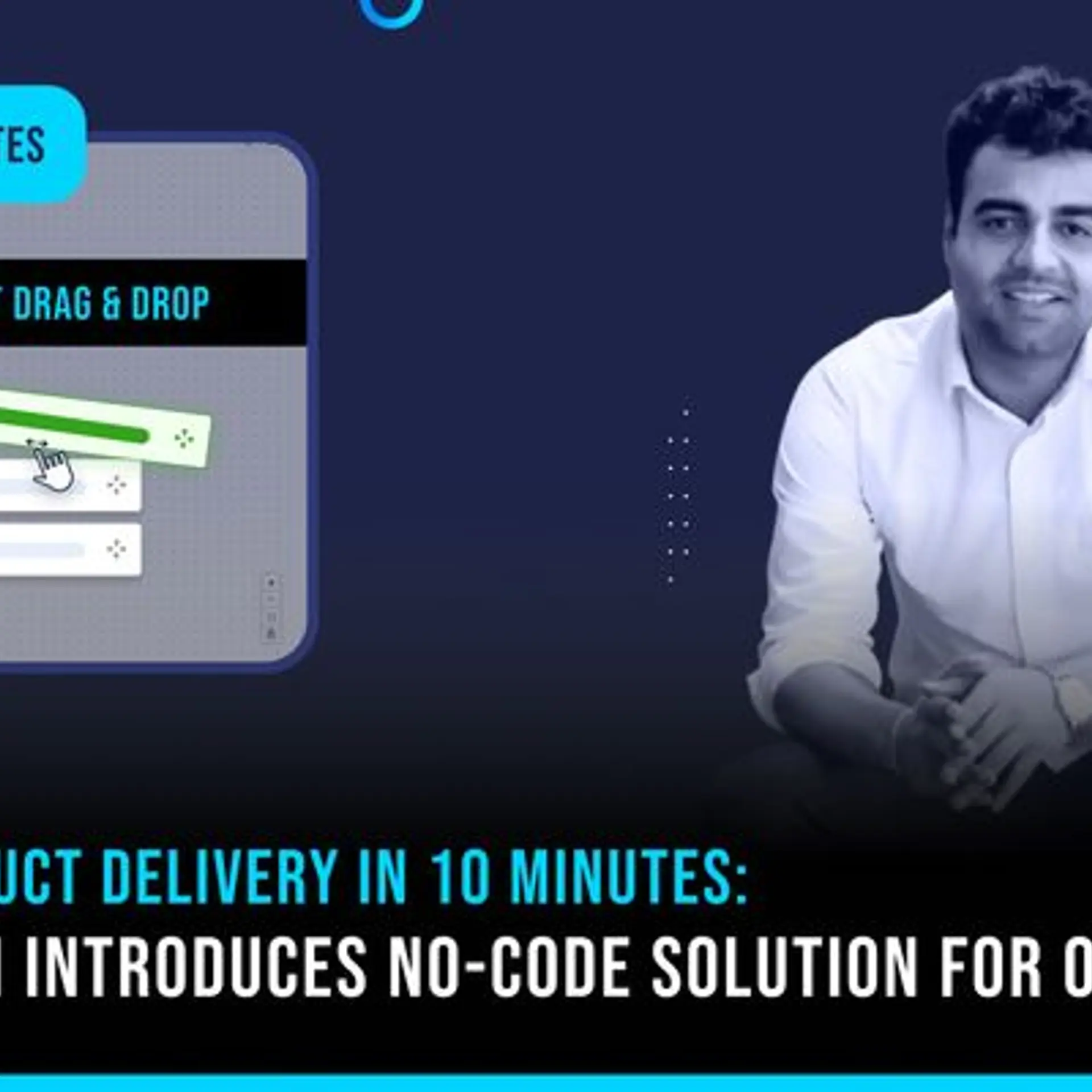GIZ believes that strong partnerships among ecosystem players can boost startups’ growth in India
A global provider of international co-operation services for sustainable development and education, Deutsche Gesellschaft für Internationale Zusammenarbeit, or GIZ, is a German federal enterprise that strives to bring political, economic, and social change in over 130 countries and envisions a balanced and sustainable future. In India, GIZ has been working to promote progress in the energy sector, environment and sustainable economic development, especially by supporting small and medium enterprises (SMEs) as well as startups.
GIZ has been working in India for 60 years, and is well-acquainted with the country’s entrepreneurial ecosystem and the startup scene here. To leverage this experience and keeping in mind their primary principle for sustainable development, ‘strengthening partners - developing potential’, GIZ India has been collaborating with a number of players in the ecosystem to 1) enhance market transparency, 2) increase capital flow in the sector, 3) grow the capacity of stakeholders and, 4) foster partnerships between different stakeholders in the startup ecosystem.
Some of these initiatives include:
Bosch, Intellecap, and GIZ have formed a Strategic Alliance to strengthen partnerships between corporates, incubators, and startups.
Recently, the Strategic Alliance launched an initiative with Villgro and Samhita, called the Incubator Marketplace. The initiative aims at encouraging more corporates to invest their CSR funds in the social enterprise ecosystem by supporting incubators. Till date, 17 partnerships between corporates and incubators could be formed.
“GIZ’s contribution is to help partners in the project, such as the business incubators, co-operate more actively with international corporates, and prepare them for their respective roles. For this, the partners can use the existing GoodCSR platform,” said Eileen Trenkmann, Project Manager, GIZ India.
Other work done by the Alliance includes a study on engagement mechanisms of corporates with incubators and startups/social enterprises.
StartUpWave is an online incubation platform developed jointly by GIZ, Intellecap, and the UK Department for International Development (DFID), which primarily supports Indian startups and social enterprises with pre-incubation services, business model canvas, and validation of the business model. Once they graduate, the participating enterprises are also helped with applying to other incubators which would help them develop their product or solution. To date, more than 400 enterprises have received support through the StartUpWave platform.
Earlier this year, GIZ, Zinnov, Citrix, Ericsson, and Harman came together to launch the SIGMA (Social Innovation – Grow, Multiply and Accelerate) accelerator programme for social enterprises. The programme aims to create an ecosystem to nurture social impact startups in India working in the areas of education, clean tech, healthcare, smart agriculture, and sanitation. While the corporates on board are providing their expertise and mentoring the selected startups, technology business incubator IKP EDEN is hosting the 15 startups at their Bengaluru premises
Another project undertaken by GIZ, in association with Indian STEPs and Business Incubators Association (ISBA), agri-business incubator - ICRISAT, Villgro Innovation, PSG-STEP and CIIE-IIM Ahmedabad, is to set up new incubators. In fact, at present, they are working with the field institutions of the Indian Ministry of Micro, Small and Medium Enterprises to help them launch their incubation services.

GIZ further has conducted two Indo-German Bootcamps with social startups from India and Germany to close the gap between corporates and startups, facilitate market entry and initiate collaboration and development of new ideas. In July 2016, GIZ, along with Social Impact Lab, organised the first Indo German startup boot camp which featured startups from Germany and India working to build green and socially relevant products in the energy sector. The second bootcamp on Transport and Mobility, was held earlier this year.
The participating startups and social enterprises were given access to corporates, mentors, investors and others who could offer advisory and funding support, and were also given intensive preparatory support in refining their business models and creating their pitches. More such bootcamps are being planned in the future.
One of the key challenges that early stage entrepreneurs, both in India and abroad, face is that of capital. This is more so in the case of social enterprises. Understanding how important it is for startups in this field to get access to investors and funds at the right time, GIZ has supported the set-up and expansion of Intellecap Impact Investing Network (I3N), an angel network focused only on investments in social impact startups.
The Strategic Alliance also supports partnerships between corporates and social enterprises that seek to pilot social or environmental solutions.
One such partnership between Bosch, GIZ and social enterprise Aravind Eye Care aims to change the Eye-Care Delivery Model for the bottom of the pyramid segment of society, through an alternate health care model which offers affordable and primary eye care through telemedicine supported vision centres, screening camps and surgical care at hospitals. The project aimed to contribute to the Global Vision 2020 Initiative of the World Health Organization to eliminate avoidable blindness for poor and underserved people, by placing innovative digital cameras in the vision centres. As the result of the partnership, the footfall of people checked by the vision centres increased by an average of 144 per month, registering a 21 percent rise. It was also observed that the detection rate of diabetic retinopathy increased by 17 percent over the same period, along with a simultaneous rise in glaucoma detection by 8 percent








